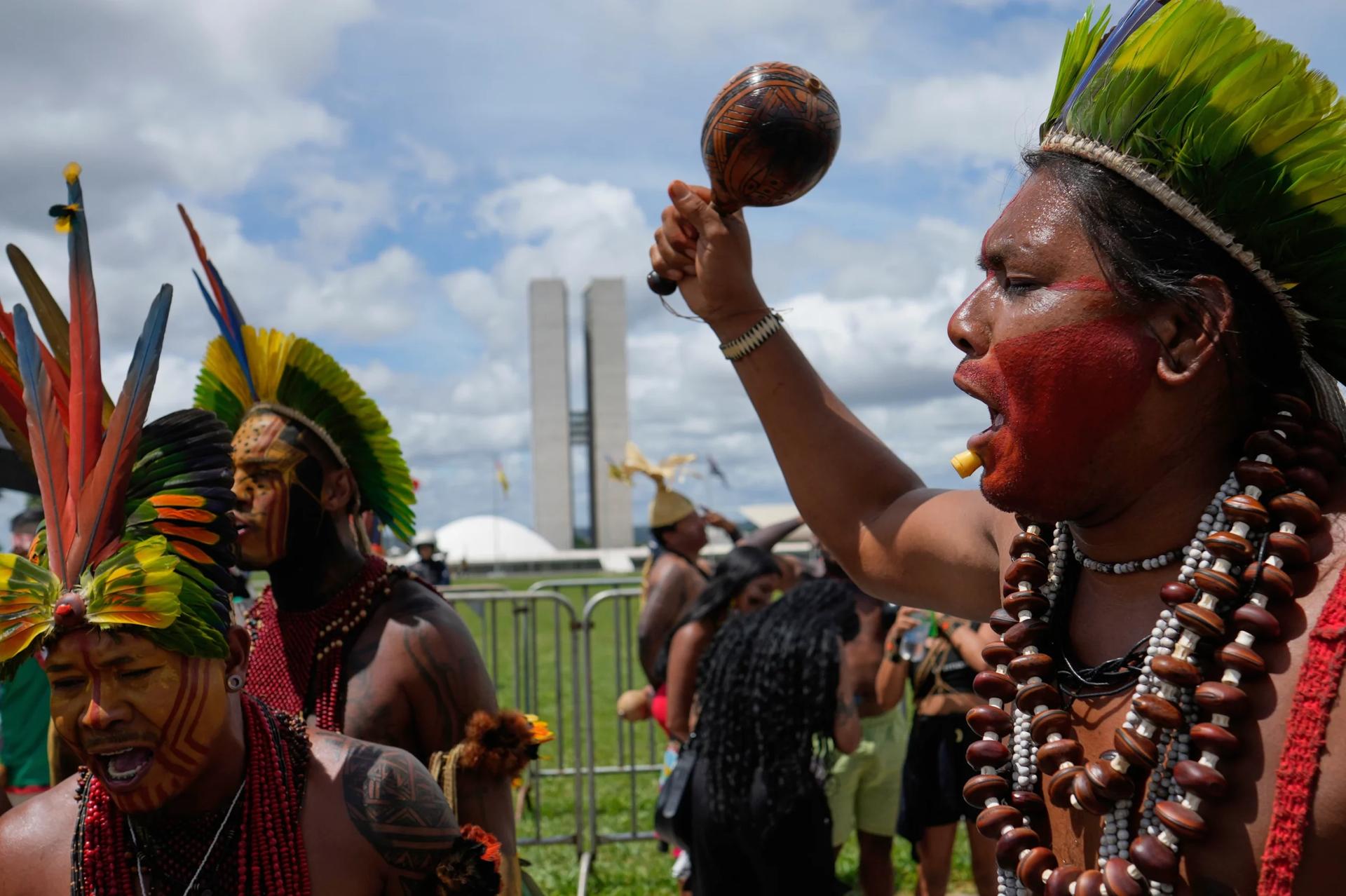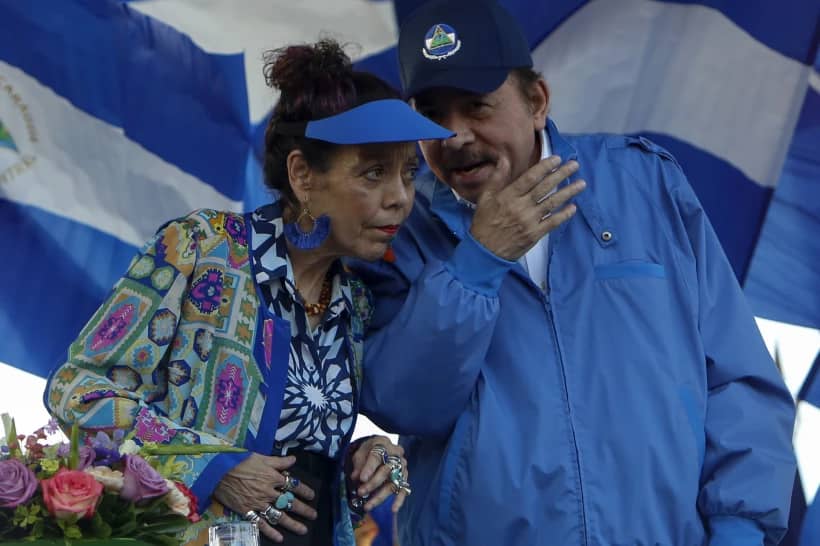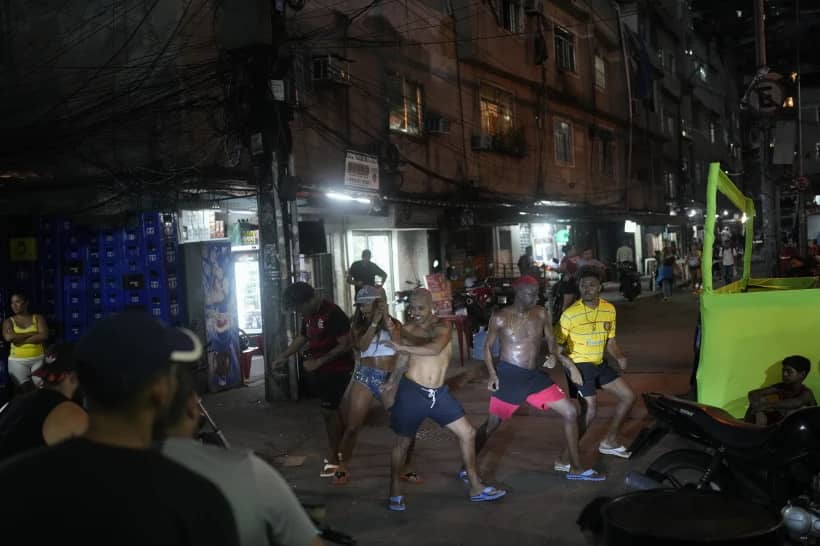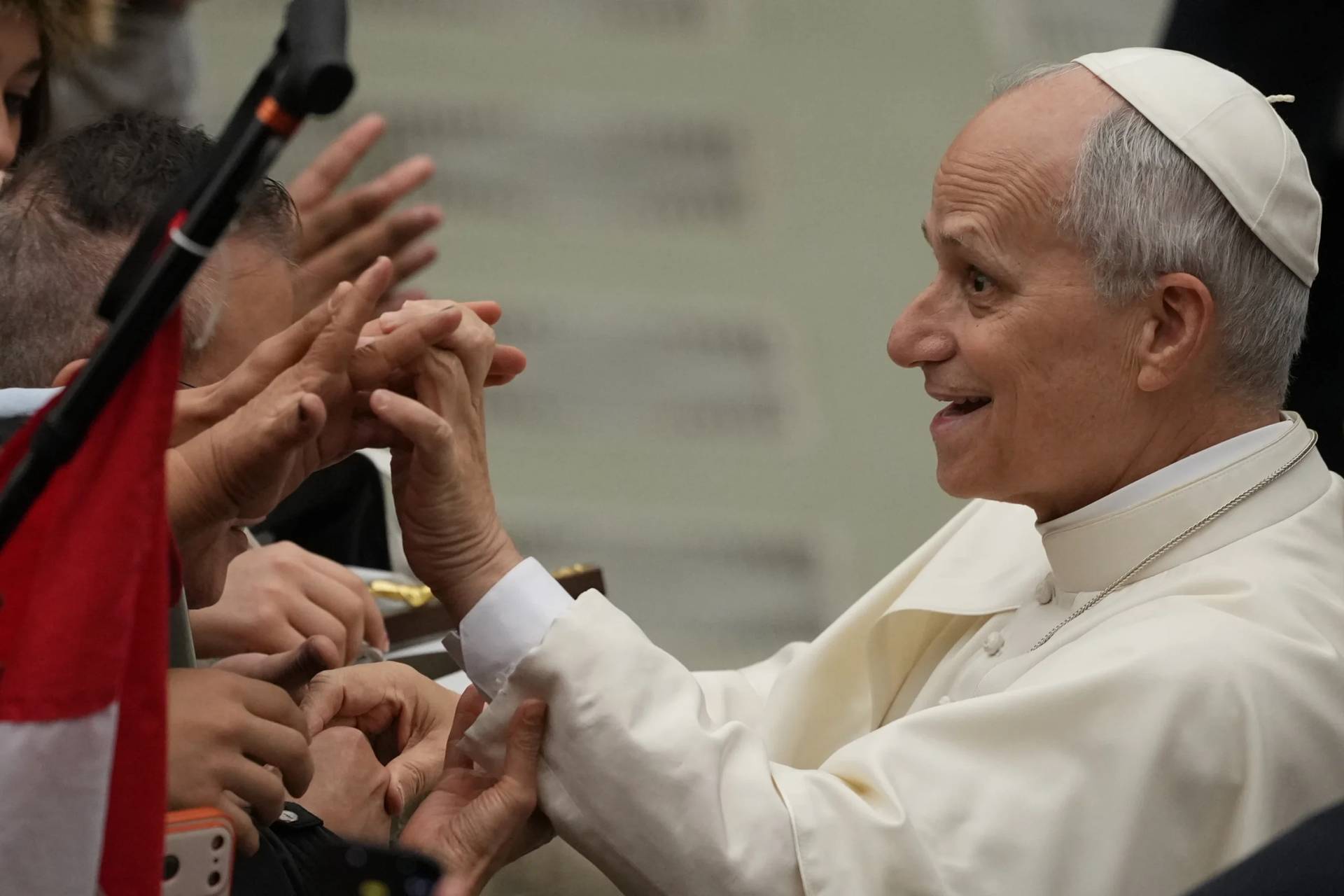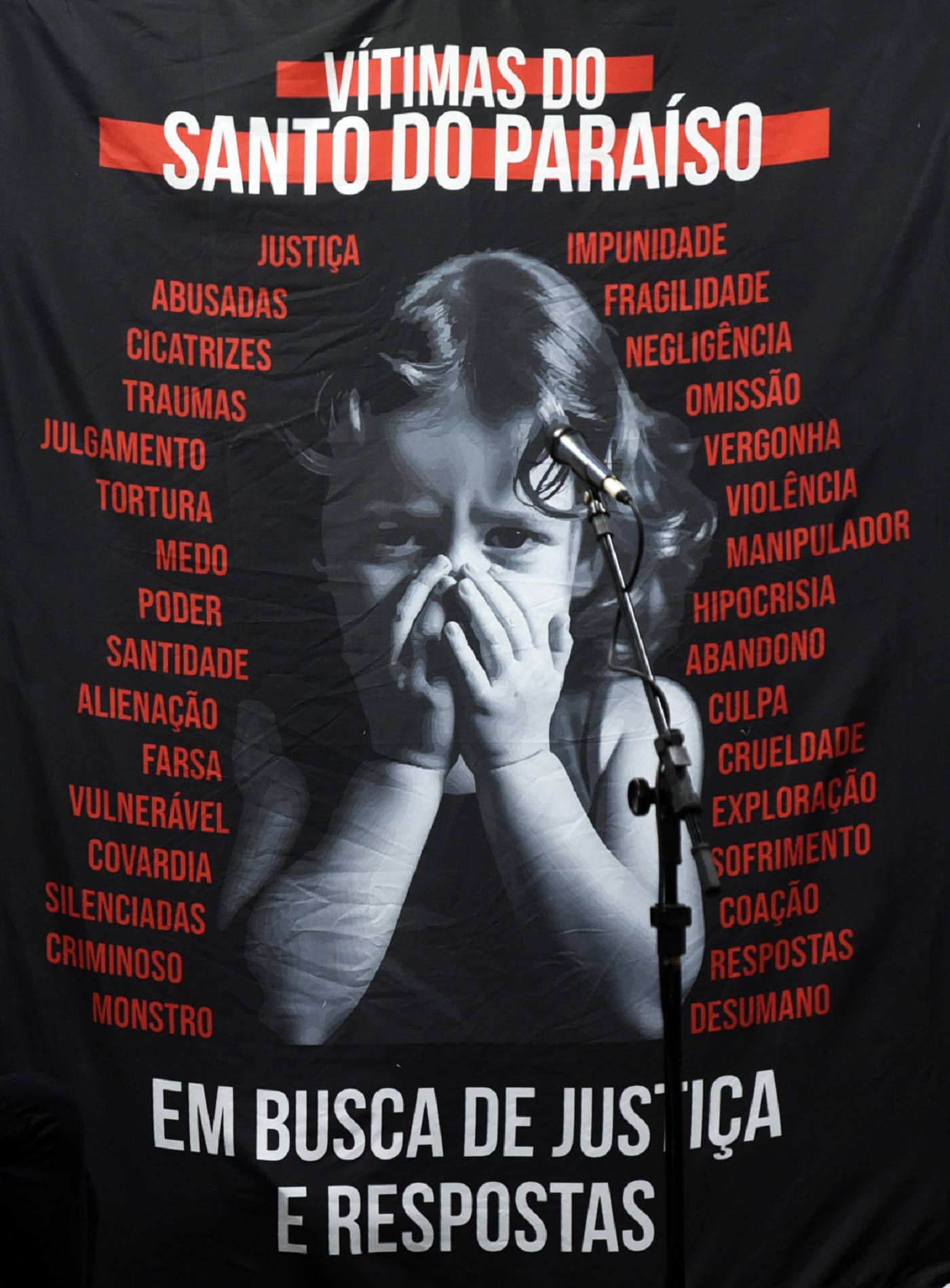SÃO PAULO – Among the social groups that have lamented Pope Francis’s death in Brazil, the Indigenous peoples seem to be especially impacted, with public pronouncements from several important leaders over the past week.
Cacique Raoni Metuktire, one of the major advocates of Indigenous rights and environmental protection in the South American country, said he and Francis were friends, but he didn’t know that the pontiff was sick.
“We talked about living in peace and about living well. Pope, wherever you are, hear me in spirit: May we grow even stronger. I’ll no longer be on this Earth for long and I want to meet you there with the Creator,” 93-year-old Raoni said in Kayapo language on a video released last week.
The Indigenous leader visited the pontiff in the Vatican in May of 2024, when he handed in a letter to Francis regarding climate change and its impacts in Brazil.
The Yanomami leader Davi Kopenawa, notorious in Brazil for his defense of the Amazon rainforest, also spoke of his pain for Francis’s death.
“In April of 2024, I went to Rome. I wanted to take his hand and feel if he was truly committed to the environment and to us all. And he was. He defended my Yanomami people and nature. My soul is mourning,” Kopenawa said.
Spanish-born missionary Luis Ventura, Secretary General of the Bishops’ Conference’s Indigenous Missionary Council (known as CIMI), said Pope Francis demonstrated unprecedented closeness to the Amerindian groups during his tenure in the Vatican.
“First of all, he showed a genuine concern with all popular struggles in Latin America, especially with the Indigenous causes. He defended on several occasions their rights, including their land rights,” he told Crux.
Pope Francis saw them as “integral subjects, who have their own views, their own cosmogonies and cultures, and who have the right to survive in their own territories,” Ventura added.
“He always emphasized that we have much to learn with the Indigenous peoples. During the preparation for the Amazon Synod, he insisted that they should be heard, no matter if they were Catholics or not,” he said.
In documents like the post-synodal apostolic exhortation Querida Amazonia, the pontiff demonstrated that he had deeply paid attention to what the Indigenous groups had to say and even mentioned some of their remarks, Ventura said.
“When it comes to Catholic Indigenous people, he incentivized the Church to dialogue with them about other ways to understand rituals, ministries, and living the faith,” he argued.
Francis’s direct contact with Indigenous groups was strengthened in 2018, when he took part in a large meeting with Amazonian peoples in Puerto Maldonado, Peru. A two-handed road began to be built from then on, with Francis gaining unprecedented trust from several Indigenous peoples.
In 2023, for instance, the Guarani-Kaiowá people, one of the most attacked Indigenous groups in Brazil, sent a letter to him in which they denounced the terrible situation they were facing. The pope answered it with a message read by Cardinal Leonardo Steiner in Nov. of 2023, in which Francis declared his closeness to the Guarani-Kaiowá and his wish that his clamor for their defense could be heard by the Brazilian authorities.
The way the encyclical Laudato si’ was written, Ventura added, was accessible for Indigenous activists, reaffirming the idea that a real dialogue was going on.
“I think the fact that he was from Latin America and was part of the Latin American Church – which has been following a path over the past decades towards the poor and the excluded – were fundamental for his stance regarding the Indigenous peoples,” Ventura said, emphasizing that he was courageous enough to visit Canada and apologize for the crimes of the Catholic schools against First Nations children over 150 years.
Sister Laura Manso, a nun of Indigenous origin who has been working with the Karipuna people for decades, defined Pope Francis’s stance on the Indigenous groups’ struggle as “prophetic.”
“He was very well informed about the grave threats the Indigenous groups have been facing and would always denounce such situations of death with words of hope. He chose to live side by side with the last ones in society and raised his voice to defend the Amazon and our common home,” Manso, who is also a member of the Amazonian Ecclesial Conference, told Crux.
That’s why many Indigenous activists who are not Catholics had great admiration for the pope and now are mourning his death.
“He was concerned with our cause and was deeply humane, he respected our culture. He was not only trying to convert us to Catholicism, like many religious leaders did in the past. He knew we have our own creeds and spirituality,” Indigenous leader Eronilde Fermin, a member of the Kambeba people, told Crux.
Fermin said she loved how Francis would defend minority groups all over the globe, not only Indigenous peoples.
“We felt the presence of God – our culture’s God and his culture’s God – with him. We loved his humbleness and his strength to fight for us. We’ll really miss him,” she said.
